At Automotive Logistics & Supply Chain Mexico 2024, Javier Valadez, director of operations at Paccar Mexico, shared his insights on EV supply chains, electrification and sustainability.
Despite progress, barriers to the widespread adoption of EVs in logistics persist. Charging times and battery weight directly impact vehicle uptime and payload capacity—critical considerations for logistics operators managing tight profit margins. Valadez said that last-mile delivery businesses are leading adoption, as they benefit from overnight charging. However, long-haul operations face greater challenges due to limited charging infrastructure and regulatory inconsistencies.
Mexico’s trade agreements, including the USMCA, are reshaping regional supply chains. Paccar is leveraging Mexico’s role as a production hub to expand EV capabilities and meet rising demand in domestic and export markets. The company’s recent multimillion-dollar investment in EV production will support not only North America but also emerging markets in South America, including Colombia and Chile.
Paccar Mexico is navigating the challenges of decarbonisation with innovation and strategic foresight. By addressing infrastructure gaps, fostering collaboration with government entities, and leveraging trade agreements, the company is shaping the future of sustainable logistics in Mexico and beyond.
While Mexico’s automotive industry stood at a pivotal crossroads, the Automotive Logistics & Supply Chain Mexico 2024 conference took place for the tenth year in Mexico City from November 12-14. More than 550 industry leaders converged to explore essential themes like nearshoring, digital transformation and supply chain resiliency. For insights and updates that came out of the event, follow the Automotive Logistics & Supply Chain Mexico recap blog.
ALSC Mexico will return November 11-13, 2025 in the Hotel Marquis Reforma, Mexico City.
Register for the 2025 event now


























![Global[1]](https://d3n5uof8vony13.cloudfront.net/Pictures/web/a/d/s/global1_726550.svgz)




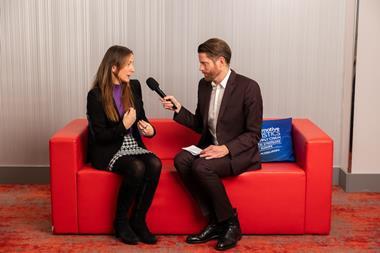
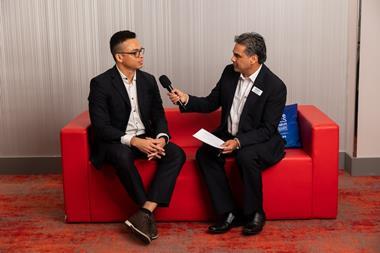
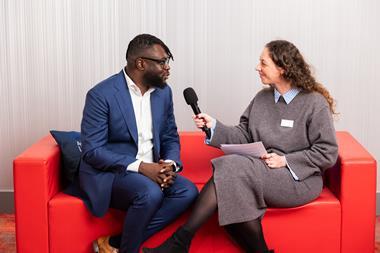
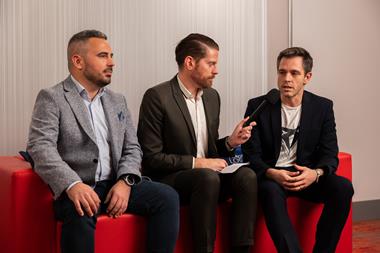
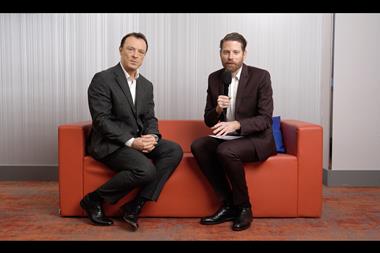
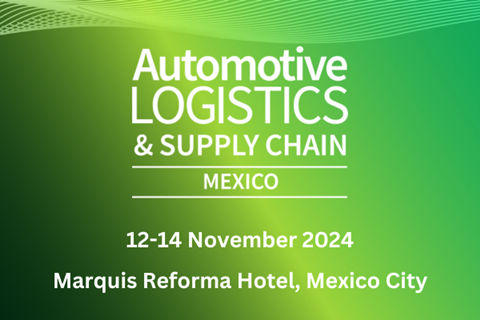


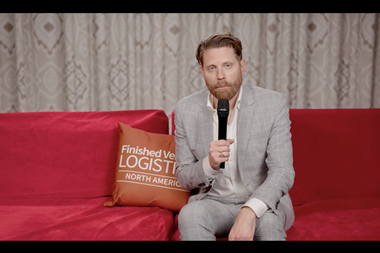
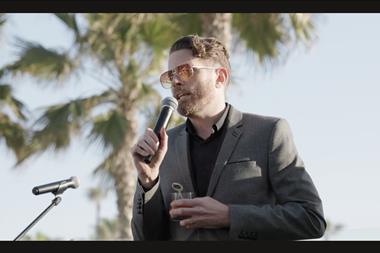
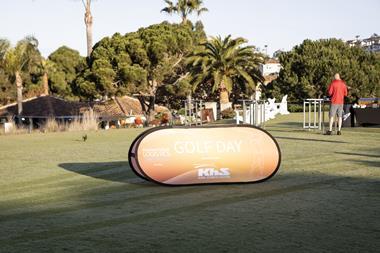


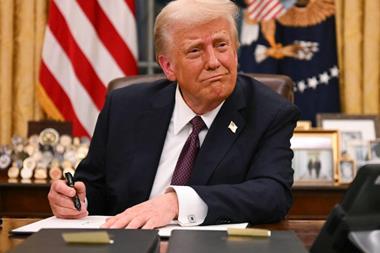

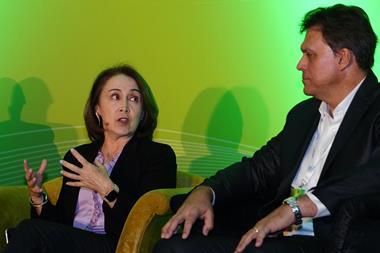



No comments yet